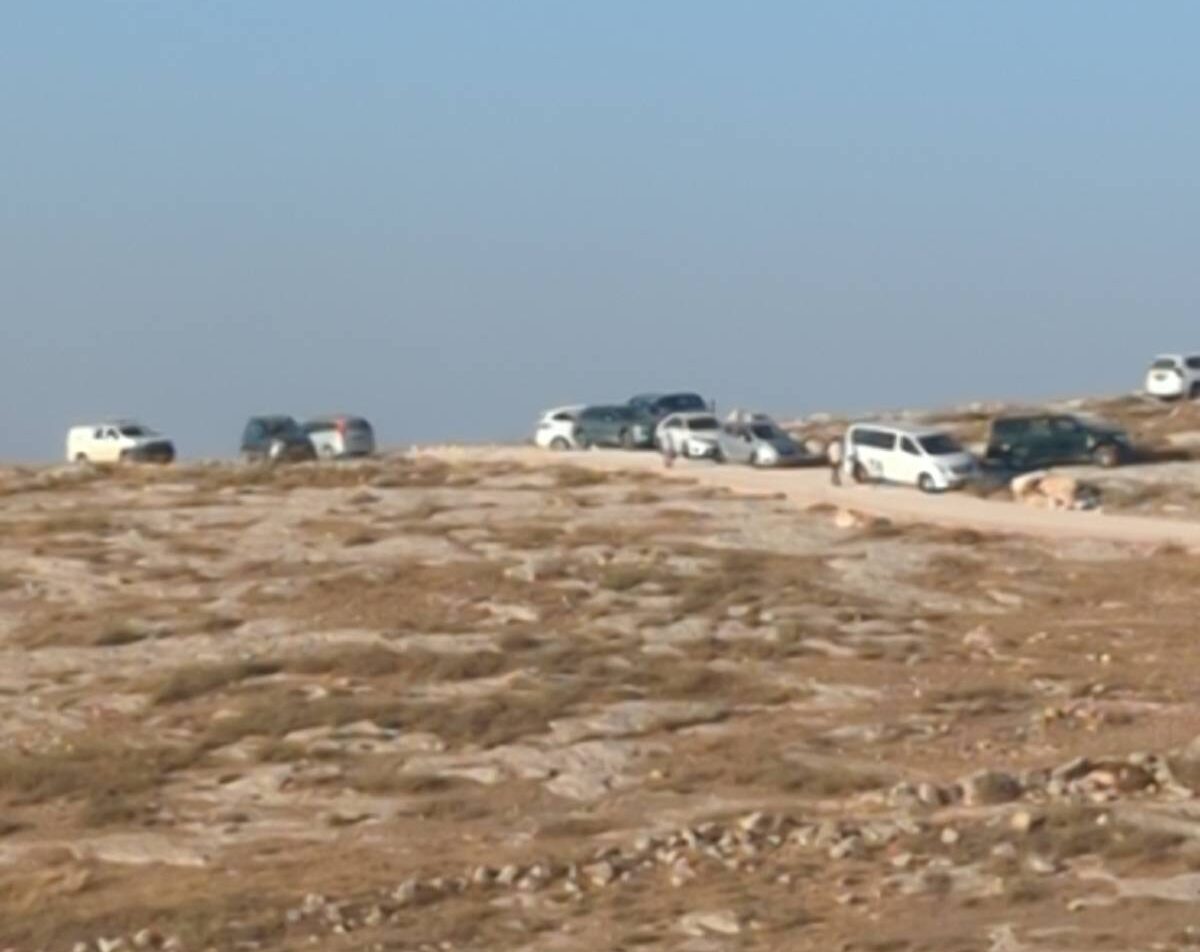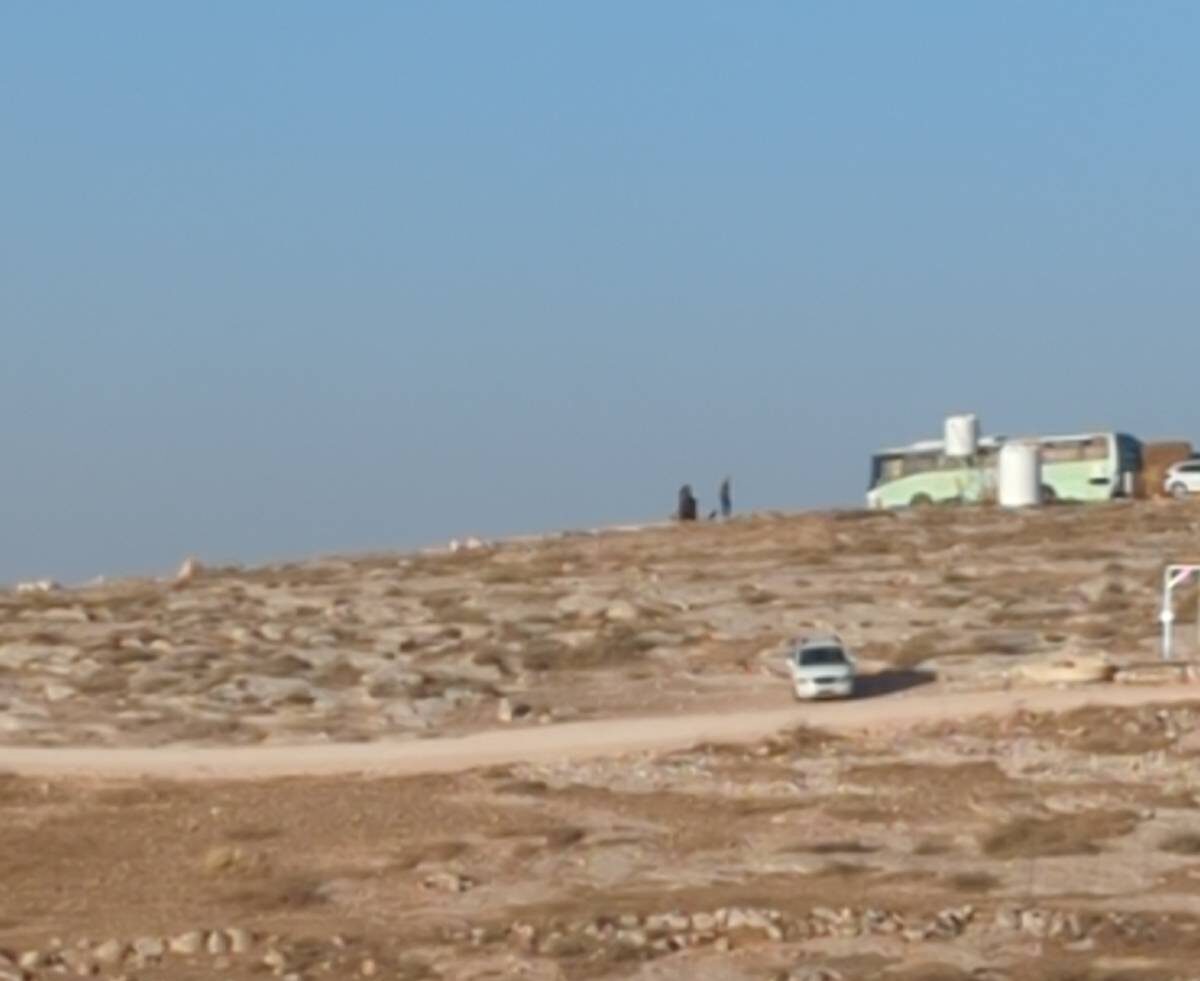
Dispatch from June 5th, 2024.
Today was the anniversary of Israel’s colonial occupation of East Jerusalem in 1967. Thousands of right wing colonists marched through East Jerusalem – terrorising Palestinian residents and shopkeepers. Racist Security minister Itamar Ben Gvir was among them.
I was in Jerusalem this afternoon, and saw the police, armed with baton rounds, automatic weapons and tear gas, closing off Jerusalem’s old city to make way for the flag draped settler mob.
We arrived in the late afternoon to the hamlet of Um Dhorit in Masafer Yatta – to stay with a family who have been steadfastly staying in their home despite countless acts of violence from the settlers of Avigail intended to push them out. That violence has accelerated sharply since October 7th.
Last week Israel’s far right finance minister Bezalel Smotrich visited the outpost of Avigail to award it with legal status. The colony of Avigail was set up in 2001, on stolen Palestinian land. It remained technically illegal under Israeli law until last week when the settlers and Smotrich celebrated the creation of Avigail as a ‘legal’ settlement (still illegal under international law).
But the colonists of Avigail are not content with what they have already stolen. The settlement is constantly expanding – and the settlers are using intimidation and violence to try to force Palestinians out of their homes. They have established a new outpost just a few hundred metres from Um Dhorit, and are using it as a staging post for attacks on the community.
This evening, as the settler mobs attacked people in the city of Jerusalem, the settlers of Avigail had a party at their new outpost to celebrate Israel’s past and present campaign of colonisation.
As always – their colonisation is based on violence and intimidation. To give just one example, the settlement of Avigail has stolen four wells belonging to Um Dhorit. Settlers can regularly be seen bathing in the wells which they have stolen from the Palestinian residents.
On top of that, settlers have come in the night and poured gasoline in Um Dhorit’s remaining wells, in an attempt to render life unlivable for the people here.
For the Palestinian residents of Um Dhorit the act of remaining in their homes is a form of steadfast resistance. This steadfastness (‘sumud’ in Arabic) in the face of colonisation is what connects together people resisting in isolated hamlets across rural Palestine – it is a sense of collective struggle that is rooted in community, belonging and the land. It remains brave and resilient in the face of the occupier, despite the violence and coercion people face here daily.

